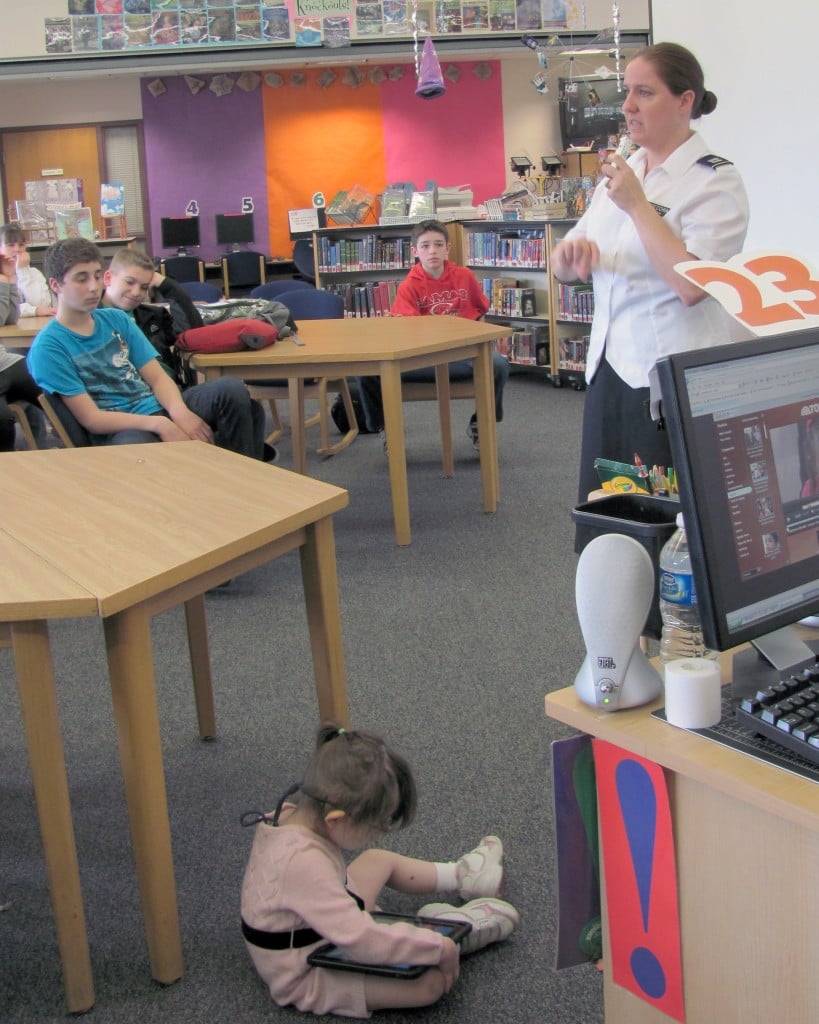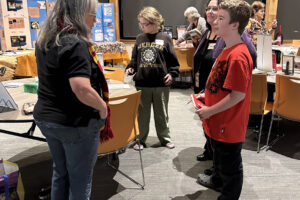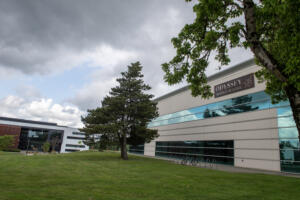When Katie Verdecchia entered the world on March 31, 2008, she appeared to be a normal, healthy child.
But by the time she was one month old, her parents, Maryalicia and Brian, knew something was wrong.
Katie had violent seizures, some lasting as long as 10 minutes.
By the time she was 1, Katie had been diagnosed with Aicardi syndrome, a rare genetic condition. Only 300 to 500 people worldwide have the disorder, most of them female.
If her parents did nothing, chances are Katie would only live to be 8 years old. So, she underwent a rare surgery, in which the right side of her brain was removed. This surgery has been performed less than 200 times.
Last week, Katie and her mom, who live in Vancouver, visited Skyridge Middle School’s leadership class.





